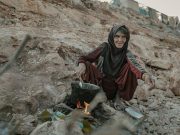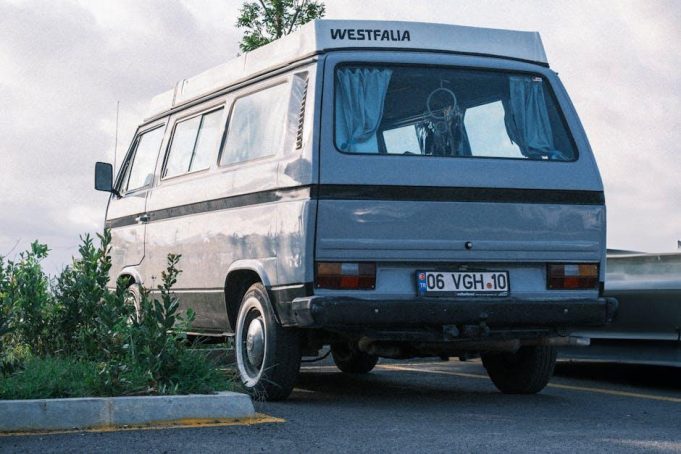In a world where family vacations often conjure images of sunlit beaches and theme park adventures, a new trend is emerging that invites families to embark on a different kind of journey—one that explores the depths of extreme poverty. Imagine setting aside the conventional travel itineraries to engage with communities facing immense challenges, offering a profound educational experience for both parents and children. This article delves into the concept of family trips that venture beyond comfort zones, fostering empathy and understanding through firsthand encounters with poverty. As we navigate the complexities and ethical considerations of such travel, we invite you to ponder whether these experiences can truly enrich young minds and nurture a new generation of compassionate global citizens.
Understanding the Impact of Poverty Through Family Travel
Embarking on journeys to regions experiencing severe economic challenges offers families a unique opportunity to instill empathy and understanding in children. Traveling to areas affected by poverty can open young minds to the realities faced by millions, providing a deeper comprehension of global disparities. While exploring these areas, children can learn about the daily struggles of local communities, such as limited access to education, healthcare, and basic necessities. This exposure can be eye-opening and encourage meaningful discussions about privilege, responsibility, and the importance of helping others.
- Real-world education: Witnessing different lifestyles fosters awareness and respect.
- Encouraging gratitude: Children learn to appreciate their own circumstances.
- Building empathy: Personal interactions with local families can inspire compassion.
- Social responsibility: Understanding global issues can motivate positive action.
By thoughtfully engaging with these experiences, families can cultivate a sense of empathy and a drive to contribute positively to the world. This approach to travel not only broadens children’s horizons but also reinforces the values of kindness and community support.
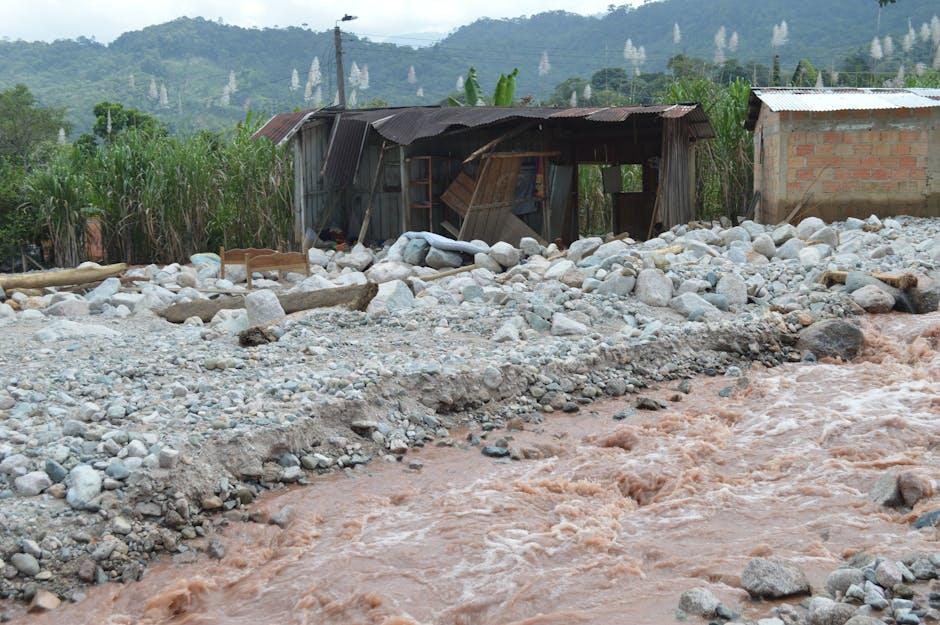
Preparing Your Kids for Eye-Opening Experiences
When considering family trips that expose children to the realities of extreme poverty, it is crucial to approach the experience with sensitivity and preparation. Such journeys can be transformative, offering a profound understanding of the world beyond their immediate environment. Here are some ways to ensure these experiences are both meaningful and respectful:
- Engage in Conversations: Begin by discussing the reasons behind the trip. Talk about the socioeconomic disparities in the world and the importance of empathy and understanding.
- Research Together: Explore the destination’s history, culture, and challenges as a family. This will not only build anticipation but also lay the groundwork for a more insightful experience.
- Encourage Reflection: After visiting, encourage your kids to share their thoughts and feelings. Whether through journaling, art, or open discussions, reflection helps in processing their experiences.
By preparing thoughtfully, these trips can foster a deeper awareness and compassion in children, equipping them with a broader perspective that will stay with them for a lifetime.
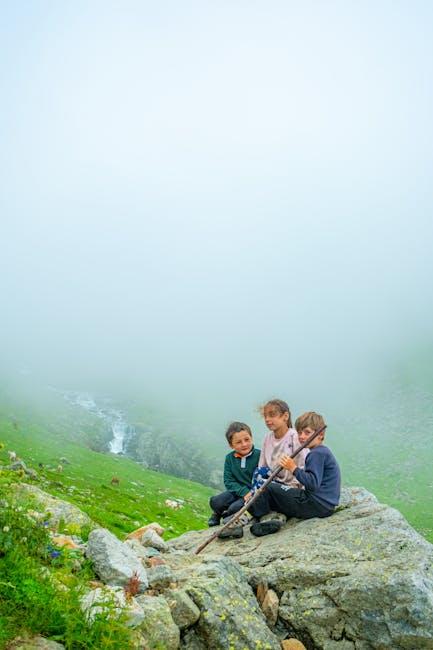
Balancing Compassion and Sensitivity on Your Journey
Navigating the complexities of exposing children to extreme poverty during family trips requires a delicate balance between compassion and sensitivity. As parents, it’s crucial to approach these experiences with empathy while ensuring that the exposure is both educational and emotionally appropriate for young minds. It’s essential to prepare children by discussing the realities of poverty in an age-appropriate manner, emphasizing the importance of kindness and understanding. This journey can be an opportunity to instill values of gratitude and social responsibility, while also being mindful of your children’s emotional capacity to process what they see.
Here are some tips to maintain this balance:
- Discuss and Debrief: Engage in open conversations before, during, and after the trip to help children articulate their thoughts and feelings.
- Highlight Positivity: Focus on the resilience and strength of the communities you visit, showcasing the beauty of their culture and traditions.
- Encourage Reflection: Provide opportunities for kids to express their reflections through art, writing, or discussion, reinforcing their understanding and empathy.
- Lead by Example: Demonstrate compassionate actions, such as supporting local businesses or participating in community initiatives, to set a positive example.
Balancing these elements helps create a nurturing environment where children can learn and grow, fostering a deeper understanding of the world around them.
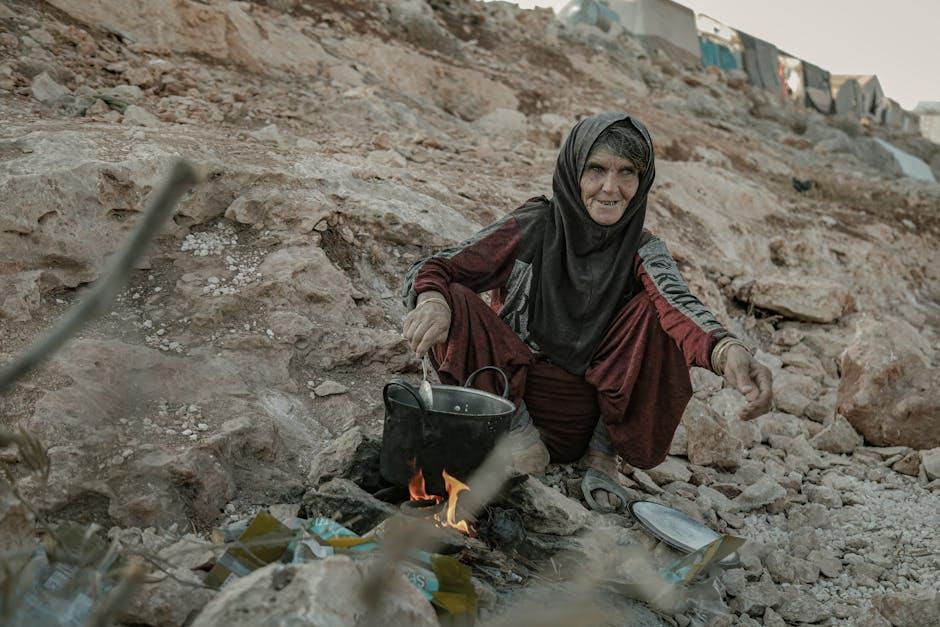
Creating Meaningful Memories Beyond the Tourist Trail
When planning a family trip, venturing beyond the polished paths of traditional tourist attractions can offer profound experiences. Exposing children to areas of extreme poverty is not about exploiting hardship but about fostering empathy and understanding the world’s diverse realities. This journey can help children appreciate the privileges they often take for granted and inspire them to contribute positively to society.
- Engage with Local Communities: Instead of just observing, encourage your kids to interact with local children through games or art activities. These interactions can lead to genuine connections and mutual learning.
- Volunteer Together: Participate in community service projects suitable for families. Whether it’s helping at a local school or participating in a clean-up drive, these activities can be eye-opening and rewarding.
- Reflect and Discuss: After each day, have a family discussion about what you observed and felt. This reflection helps children process their experiences and fosters deeper understanding.










